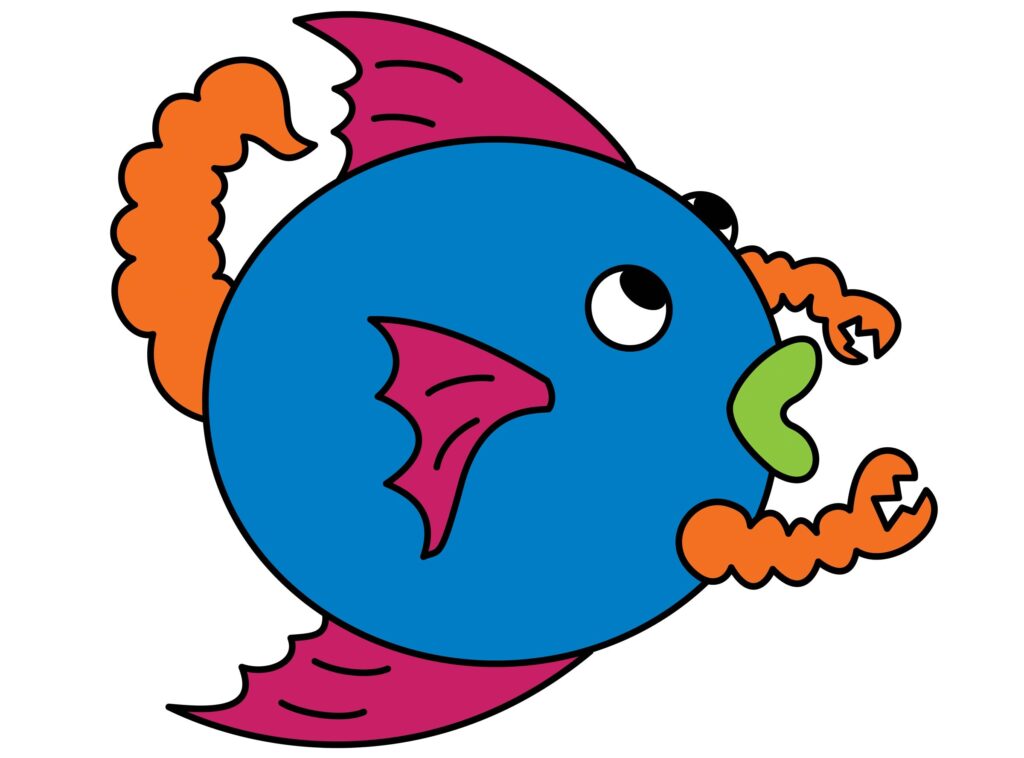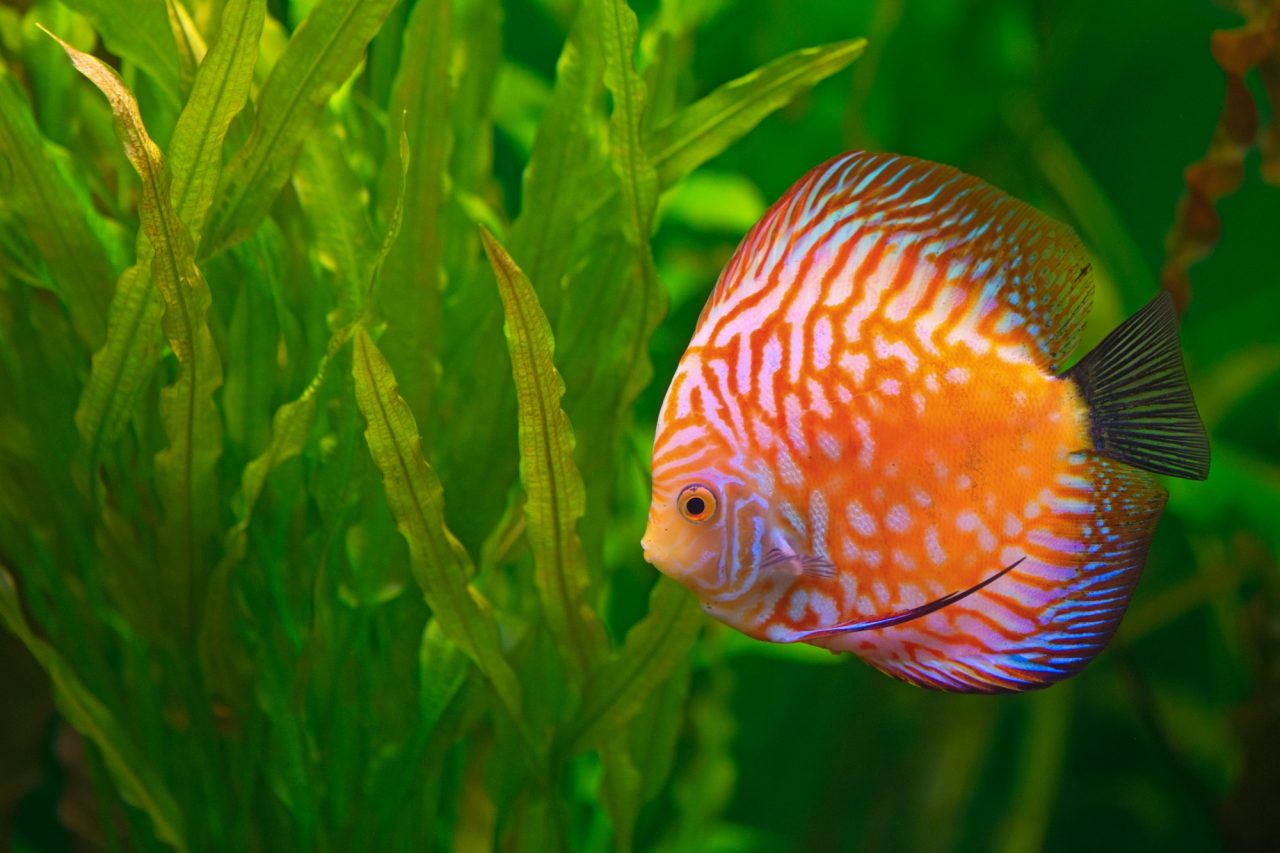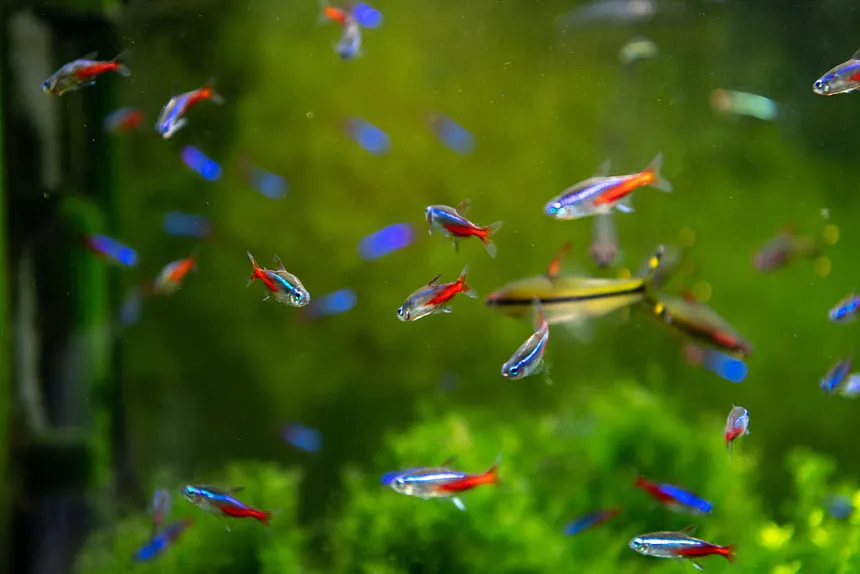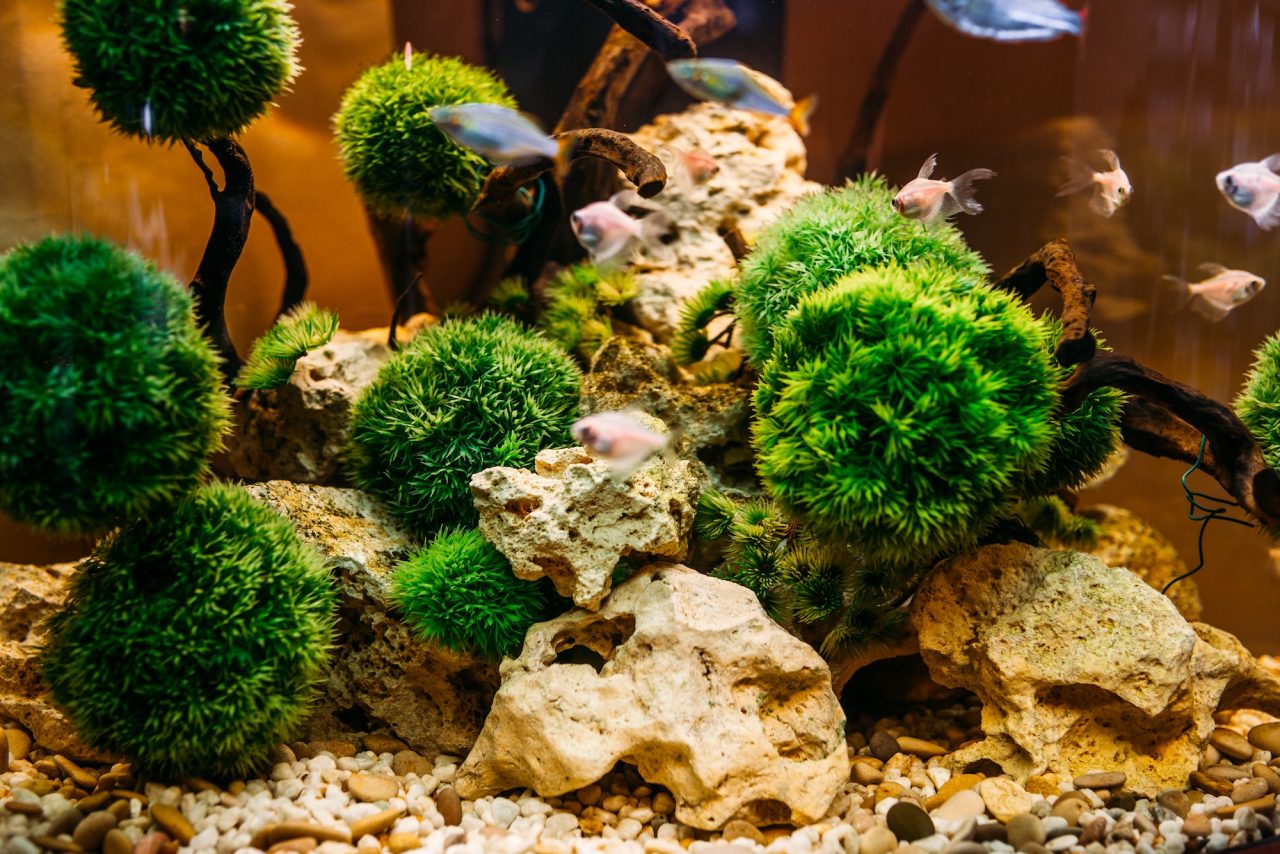The following steps should be followed in conjunction with the manufacturers directions on the pharmaceuticals you elect to use. When medicating sick fish, keep in mind that negative reactions to medication can happen. If you suspect your fish are not responding properly, we recommend you call us as soon as possible so that we might offer advice to help remedy your situation.
The key to success in medicating fish is making an accurate and early diagnoses, emphasis on the early. Fish are very sensitive and often become too sick to respond favorably to medication if the condition is left too long. You can help protect your investment and your pet’s well-being by becoming familiar with the basic diseases that can plague your fish and the recommended treatments to cure them.
1: Prepare your aquarium for the bombardment of a medication. Medications are often very caustic to the helpful bacteria that the aquarium needs to stay stable. Before medicating, do a partial water change of approximately 20%-30% and use a good water conditioner. Vacuum out any unwanted debris and uneaten food, and clean the filters. Remove the charcoal, carbon, or ammonia remover before medicating as this will absorb the medication instead of benefiting the fish.
2: Follow the manufacturers’ recommended dosages and ask for advice! Often there are slight variations we can suggest that might improve results, so please ask us at the time of your purchase.
3: The addition of aquarium salt to a freshwater aquarium will help the water retain natural electrolytes and can aid in stress reduction by improving gill function. Increase the surface movement by either aeration with an air pump or a water pump return. This transfers more dissolved oxygen into the water and will benefit sick fish by further reducing stress. Increasing the temperature a few degrees can eliminate weak parasites in the aquarium. These few simple steps alone will increase the fish’s strength and help build their immune system to fight off the disease, often without even the addition of a medication. But obviously, the addition of a medication will greatly benefit the situation.
4: Feed lightly! A sick fish will probably not be eating, and uneaten food can spoil your water quality. The addition of a good quality fish vitamin supplement, especially one with a strong B-12 complex or antioxidant can improve the fish’s strength during the trauma, and may increase their survival rate.
5: Wait approximately 5 days after your last dosage of medication, unless mentioned otherwise in the directions. This time can fluctuate a bit with certain medications, but as a general rule this 5 day period is needed in order to be effective. After the 5 day wait, repeat “STEP ONE,” but add new carbon to the filter. The carbon along with a partial water change will begin the process of removing the medication from the environment. The continued presence of medication left in the aquarium can be harmful to your water quality. Now test the aquarium’s pH, ammonia, and nitrite levels to make sure they’re at acceptable levers.
Repeating this cleanup step may be needed in a week or two, in certain cases where the medication used was very strong. Again, if in doubt, please feel free to ask us.





